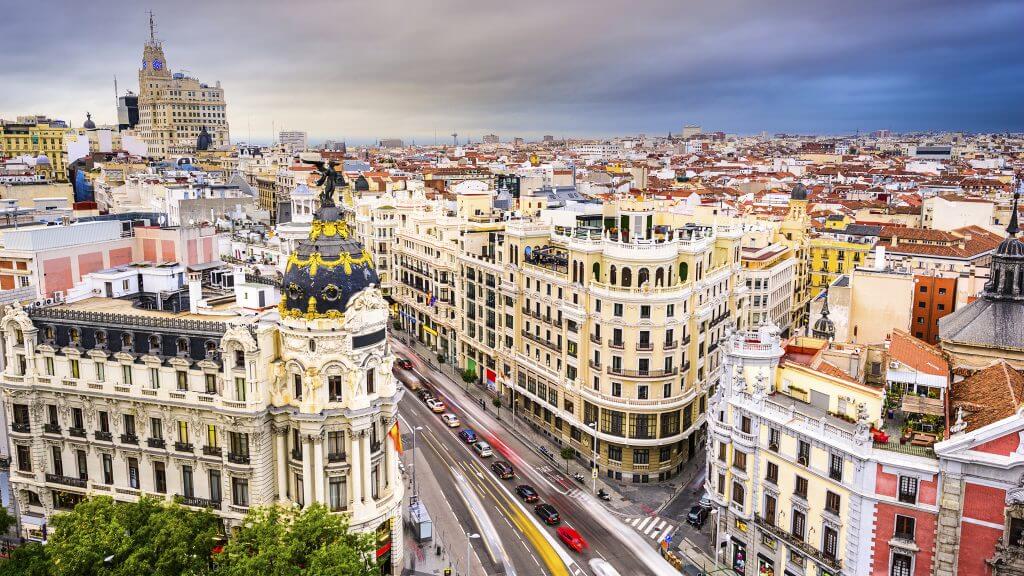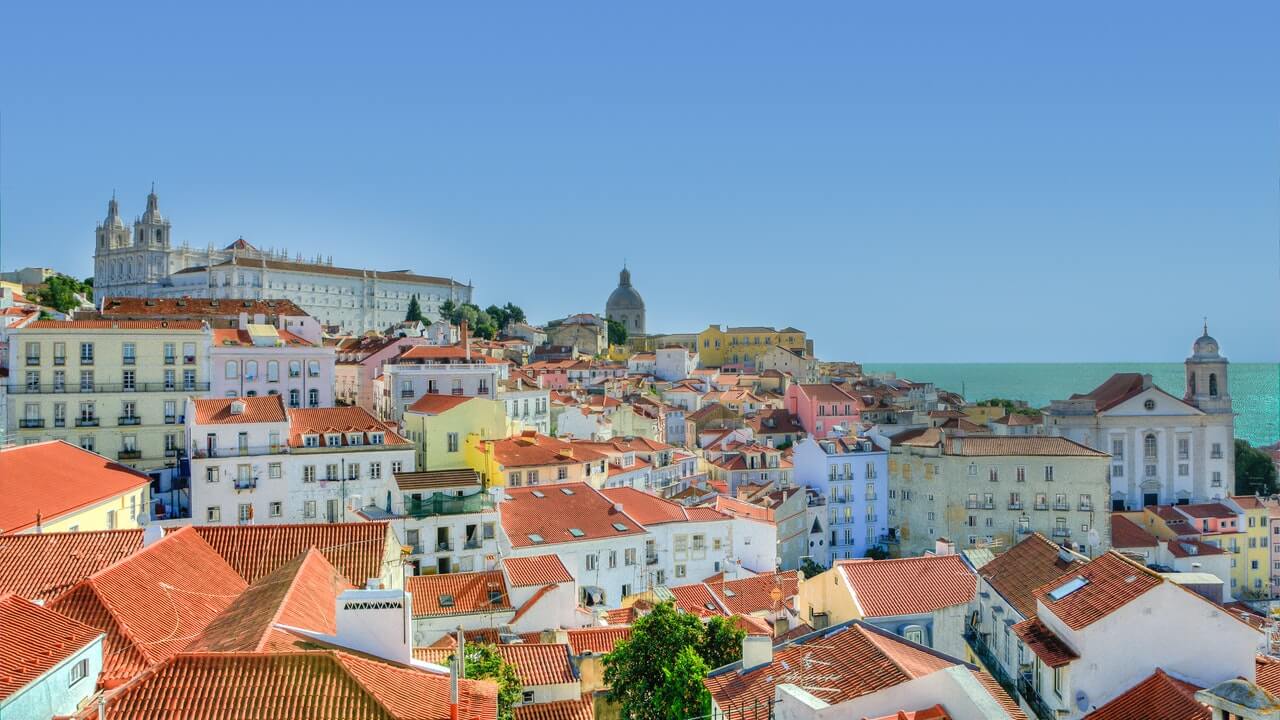
City hotels are far from dead. They are just having to reinvent their offer to include more innovative and community-inspired ventures, activities and products to address the changing needs of their clientele.
NB: This is an article from EHL Insights
In spite of numerous threats, with crises also come new opportunities. While many hotels had already started their digital revolution and were thinking of creative and innovative business strategies, the pandemic has turned this will to change into a real must.
Subscribe to our weekly newsletter and stay up to date
Finding ways to better monetize and commercialize different offers is mandatory, as clients’ habits have evolved and now include non-room products and services such as eating in a restaurant, drinking at a bar, benefitting from packages, visits and activities. This change of habits does not only regard clients, but the needs of each individual. People have adapted to new ways of working, and concepts such as online shopping, catering services or take-out and delivery by hotels, restaurants, or even grocery stores have become the norm.
Thereby, the pandemic offers a potential for hotels to reorganize their strategy by, for example, reserving areas for hybrid reunions or temporary working spaces, and offering personalized products and services in line with their clients’ new needs. However, even though hotels did as much as they could to adapt to this particular situation, they remain strongly competitive with short-term rentals or serviced-apartments allowing more privacy, private kitchens, bigger spaces, socially distancing ability and a cleaner environment. Furthermore, everyone directly or indirectly involved in the sector agrees that after the pandemic, the level of what is termed ‘business tourism’ will not go back to how it used to be and will take years to recover.
As Accenture rightfully points it in its report, the whole travel industry has been restructured by the pandemic, with a new type of demand induced by the generalization of teleworking. Consequently, businesses worldwide have realized that a non-negligible number of meetings may actually happen virtually, saving them significant costs and time. Even though face-to-face encounters will remain as important, they will know a consequent drop that might be filled by leisure travel. However, it must be kept in mind that the gap in business clients created by Covid-19 will not easily be filled, as the market will be even more competitive. To sum it up using the words of Accenture, “All players in the industry are now competing for a bigger slice of a smaller pie”. As such, it is even more critical for business hotels to remain creative and quickly implement strategies that will attract new clients and meet old clients’ new needs.
Innotour project: The Future of City Hotels in Switzerland
The EHL Institute of Customer Experience Management is currently involved in the project funded by Innotour “The Future of City Hotels in Switzerland” which brings together professionals and academics from the tourism industry in Western Switzerland (Association Romande des Hôteliers (ARH), Geneva Tourism and the Institute of Tourism at HES-SO Valais-Wallis) to develop potential survival strategies for the tourism and hospitality sector.
To accompany city hotels that lost a majority of their (business) clients, a multisectoral and intersectoral approach is necessary. Uniting key players from various backgrounds allows for an expertise and know-how both in theory and practice to efficiently reach the common aims and objectives for the future of any industry. An approach considering all aspects of a business – sustainable, resilient and financially viable for all stakeholders – will help put in place the best short- and long-term strategies to foster competitiveness by supporting hoteliers to reinvent their business models towards the generation of new avenues of attractiveness and revenues. The project could foster innovation for business hotels in the urban context not only for the entire Swiss touristic sector, but also internationally, as the industry has been similarly affected worldwide.
The first phase of the project was to issue a survey to hoteliers in Swiss cities in order to get a first glimpse on how the industry was affected by Covid-19. The research looked into the ways in which the hotel spaces freed by the loss of clients could be reassigned or transformed, and how hoteliers could reinvent their basic business model to meet their clients’ needs and potentially target new kinds of customers. The second phase of the project focused on generating ideas for the future of the city hotels by organizing several think tanks and an online contest. The third phase is ongoing and exploring in details the ideas generated during phase II. A specific number of ideas will be chosen and focus groups will take place with hoteliers to develop together a way to implement those ideas. The next step will be to synthetize all the inputs, validate the ideas, and present them in a playbook that will accompany hoteliers in their transition.




